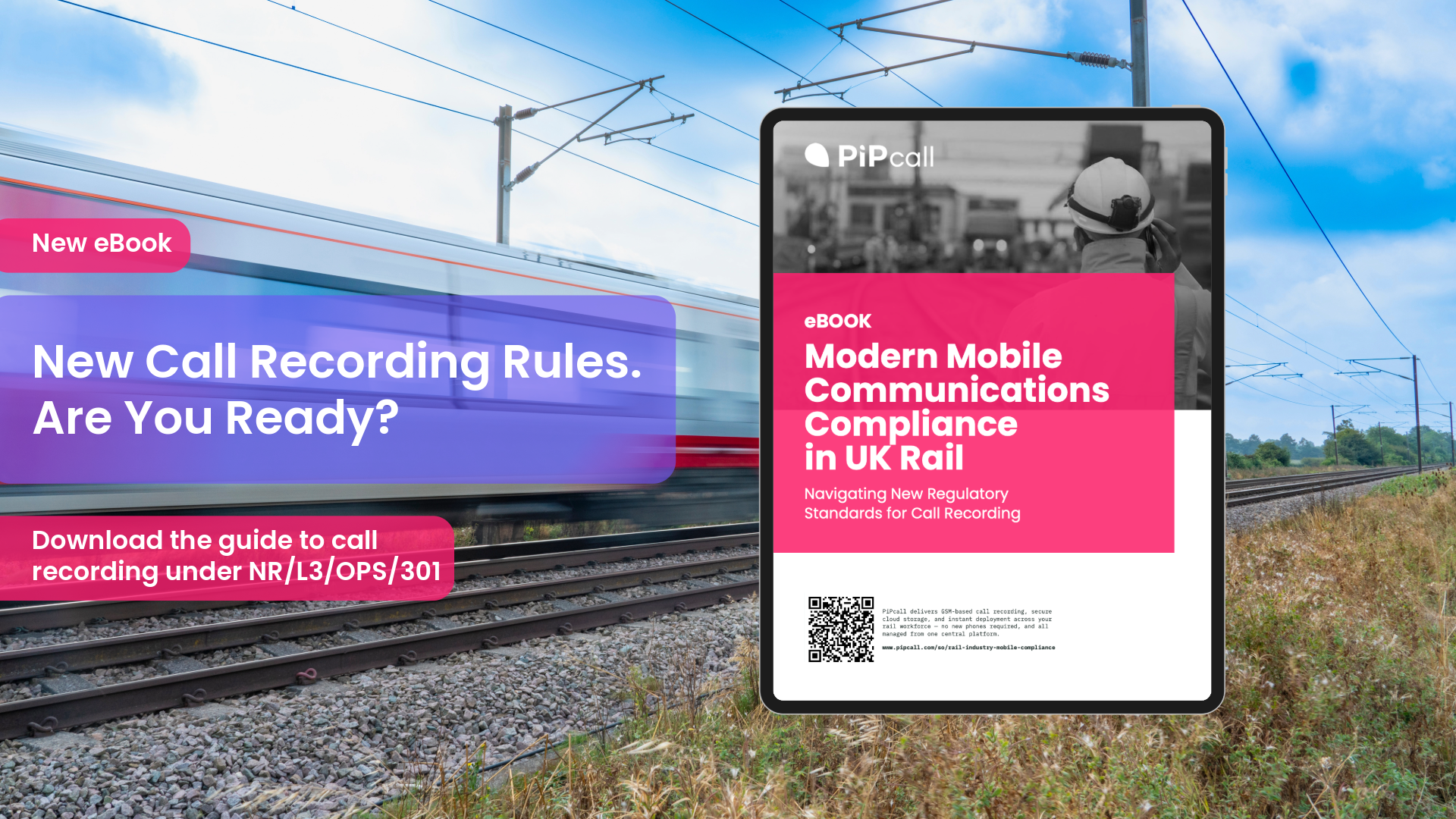As remote working becomes a permanent fixture for businesses, ensuring that employees can access company systems securely while working remotely is critical. In the UK, small and medium-sized enterprises (SMEs) are increasingly adopting mobile solutions to keep their teams connected. With the rise of eSIM technology, companies now have a more secure and flexible way to enable remote work while safeguarding sensitive data.
This article explores how businesses can implement secure remote work solutions using eSIM technology to ensure a seamless, secure mobile experience for remote workers.
What is eSIM Technology?
eSIMs (embedded SIMs) are a digital alternative to traditional physical SIM cards. Instead of requiring a physical SIM card to connect to a mobile network, the eSIM is embedded directly into the device and can be programmed remotely. This provides several key advantages for businesses, such as greater flexibility, enhanced security, and the ability to manage multiple devices more efficiently.
The Importance of Secure Mobile Access
With more employees working outside the traditional office environment, securing mobile devices has become a top priority for IT managers. Remote workers access company systems and sensitive data from various locations, sometimes over unprotected Wi-Fi networks, which increases the risk of security breaches.
Secure mobile access is no longer optional; it’s essential for protecting the business, client data, and intellectual property. eSIM technology is particularly well-suited for addressing these security challenges, providing better control over mobile connectivity and data access.
1. Implementing Secure Remote Work Solutions with eSIM Technology
Enhanced Security
One of the key advantages of eSIM technology is its improved security compared to traditional SIM cards. eSIMs are embedded directly into the device, making them much harder to remove or tamper with. This is particularly important for businesses, as physical SIM cards can be removed or swapped, potentially leading to unauthorised use.
Additionally, eSIM technology allows IT departments to remotely manage and provision devices, ensuring that employees are connected to secure networks. With remote management capabilities, companies can activate or deactivate eSIMs instantly if a device is lost, stolen, or compromised, adding an extra layer of protection for sensitive company information.
This remote management also allows businesses to ensure that their teams are using secure, approved networks, even when working remotely. With eSIMs, IT teams can push network security updates or switch network providers instantly if any security vulnerabilities arise, without the need for physical access to the device.
Seamless Device Management
In a remote working environment, IT teams must manage devices spread across multiple locations. eSIM technology makes this easier by enabling centralised management through a portal, allowing businesses to control, provision, and monitor devices no matter where they are.
For instance, an IT manager can remotely deploy a business eSIM to an employee’s device, eliminating the need for physical SIM cards and ensuring that mobile access is available immediately. This is especially useful in crisis scenarios or when businesses need to onboard temporary staff quickly, providing instant connectivity and security without the logistical challenges of distributing physical SIM cards.
Through the use of Mobile Device Management (MDM) software, companies can further enhance security by enforcing policies such as mandatory use of VPNs, remote wiping of devices, or encryption of all communications. This seamless device management, combined with the inherent security benefits of eSIMs, allows businesses to build a secure, scalable mobile infrastructure for remote work.
Simplifying BYOD (Bring Your Own Device) Security
Many UK businesses are embracing BYOD policies to allow employees to use their personal devices for work. While this can increase employee satisfaction and reduce costs, it also presents additional security challenges, as personal devices may not be secured to the same standard as corporate-issued devices.
eSIM technology can help overcome this issue by allowing businesses to issue separate eSIM profiles for work and personal use. This ensures that work-related data and communications are handled over secure, company-approved networks, while personal activities remain separate. IT teams can easily enforce security policies on work profiles, without infringing on employees’ personal usage. Combined with PiPcall's Mobile+ app business can benefit from an eSIM phone system that offers data as well as advanced calling features like call recording and ring groups.
With eSIMs, businesses can provide the flexibility of BYOD while maintaining control over how and where sensitive data is accessed. This improves security while also delivering a better user experience for employees.
2. Rapid Deployment in Emergency Scenarios
eSIM technology is invaluable for businesses that need to respond quickly to unexpected events. If a sudden lockdown or disaster requires employees to work remotely, businesses can instantly deploy eSIMs to ensure that employees remain connected. There’s no need to wait for physical SIM cards to be delivered, making it a perfect solution for maintaining business continuity during emergencies.
With the ability to remotely activate and manage eSIMs, businesses can also support disaster recovery efforts by ensuring that critical teams remain connected and operational, regardless of their physical location.
Conclusion
As businesses in the UK and globally continue to adapt to the realities of remote work, eSIM technology provides a secure, flexible, and scalable solution to mobile connectivity challenges. By implementing eSIMs, businesses can enhance security, simplify device management, and ensure that employees have seamless access to company resources from anywhere in the world.
By leveraging the power of eSIMs, businesses can stay ahead of evolving security threats and enable secure, uninterrupted mobile access for their remote workforce. For companies looking to future-proof their mobile strategies, investing in eSIM technology is a smart and secure choice.



.png)


